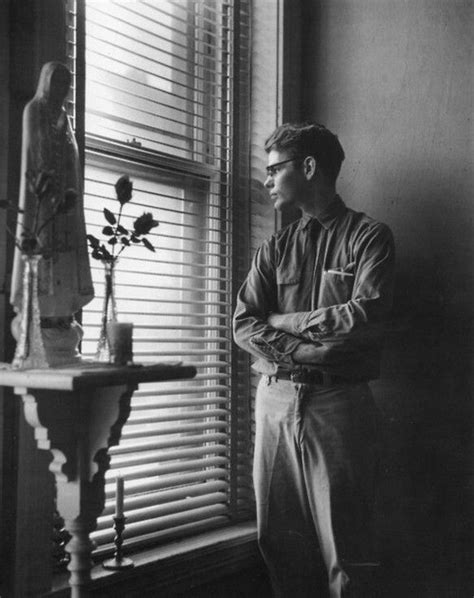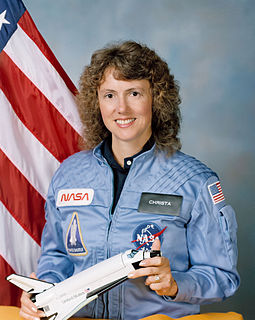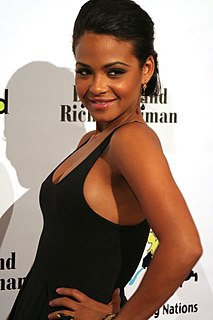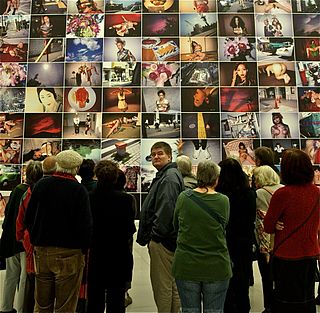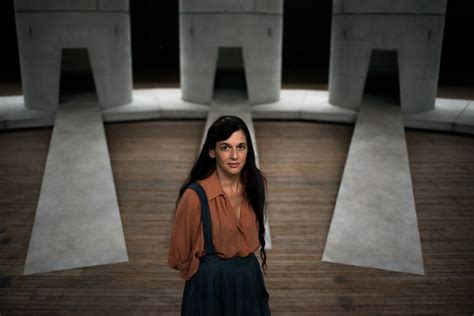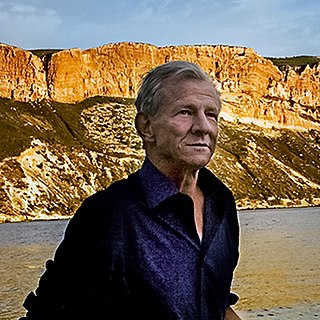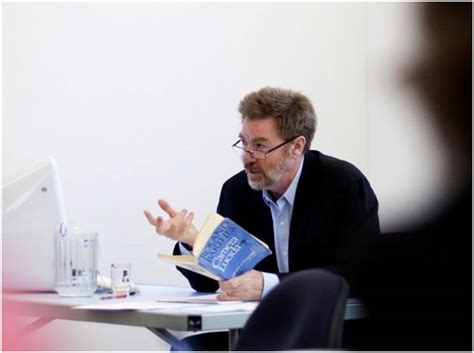A Quote by Jerome Liebling
My sympathies have always been with the everyday people... the center of my photography.
Quote Topics
Related Quotes
Anthropology... has always been highly dependent upon photography... As the use of still photography - and moving pictures - has become increasingly essential as a part of anthropological methods, the need for photographers with a disciplined knowledge of anthropology and for anthropologists with training in photography has increased. We expect that in the near future sophisticated training in photography will be a requirement for all anthropologists. (1962)
In the history of photography, one process has always replaced another. The tumultuous realignment that's going on in the photography now is really just a natural evolution. The irony is that none of the processes that have been replaced have disappeared. More people than ever are practicing every approach to shooting and printing.
Photography for me has been tremendously good, because I'm not a very sociable person. I'm happy reading or sitting in the library or going for walks. So photography has brought me in contact with people and made me understand people in a way that I probably wouldn't have done if I hadn't been a photographer. And so I'm grateful for that, really.
Documentary photography is becoming more illustrative as people become more familiar with photography’s limitations and vulnerabilities. Reality has always been interpreted through layers of manipulation, abstraction, and intervention. But now, it is very much on the surface. I like this honesty about its dishonesty. Every photograph has many truths and none. Photographs are ambiguous, no matter how seemingly scientific they appear to be. They are always subject to an uncontrollable context. This is a tired statement, but worth repeating.
I chose makeup over photography because there was something very sensual about makeup that I loved. But photography was always in the back of my mind. That was always something that I was very connected with: looking at magazines, enjoying photography, and then taking pictures myself when I was a kid.
